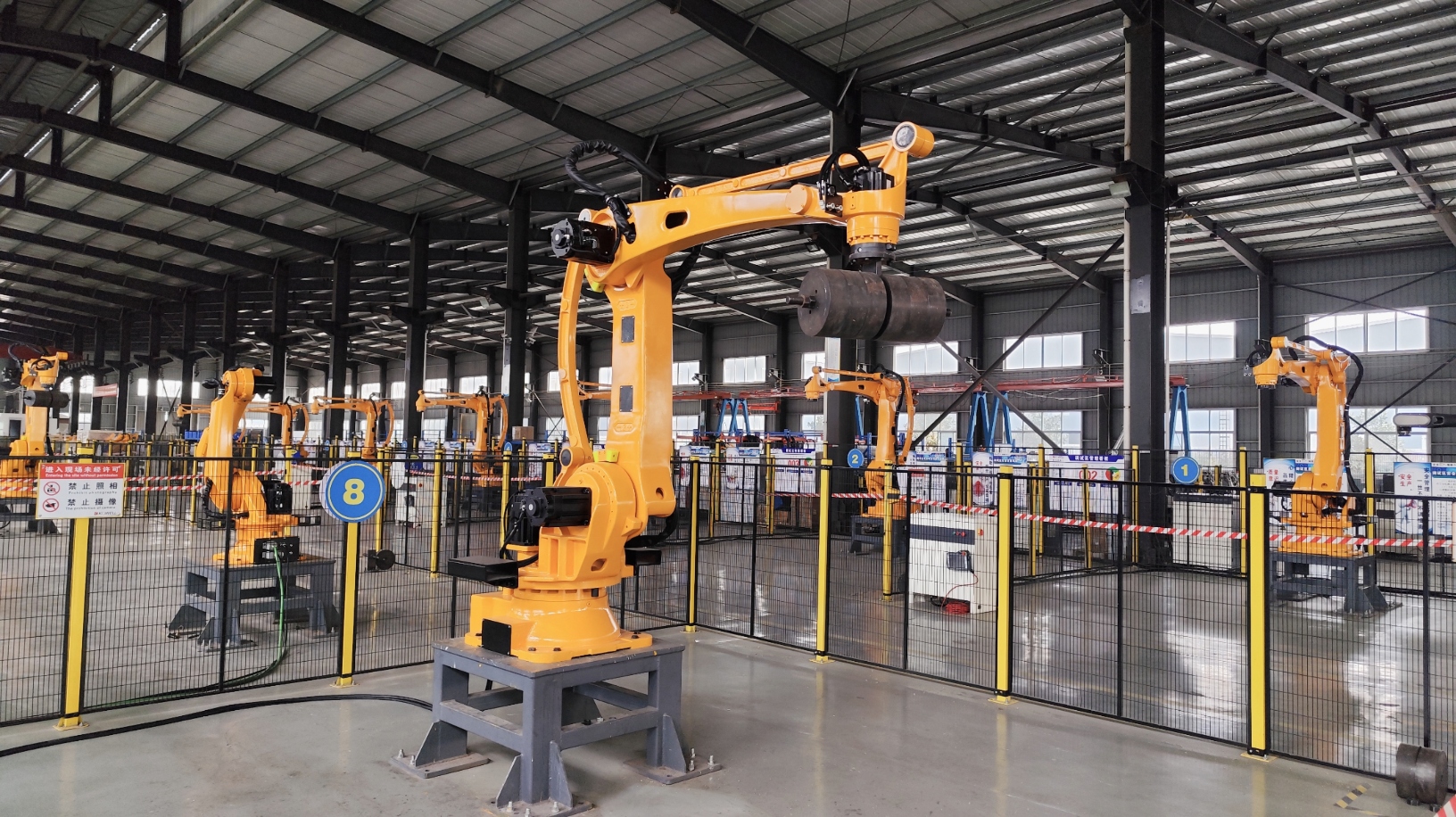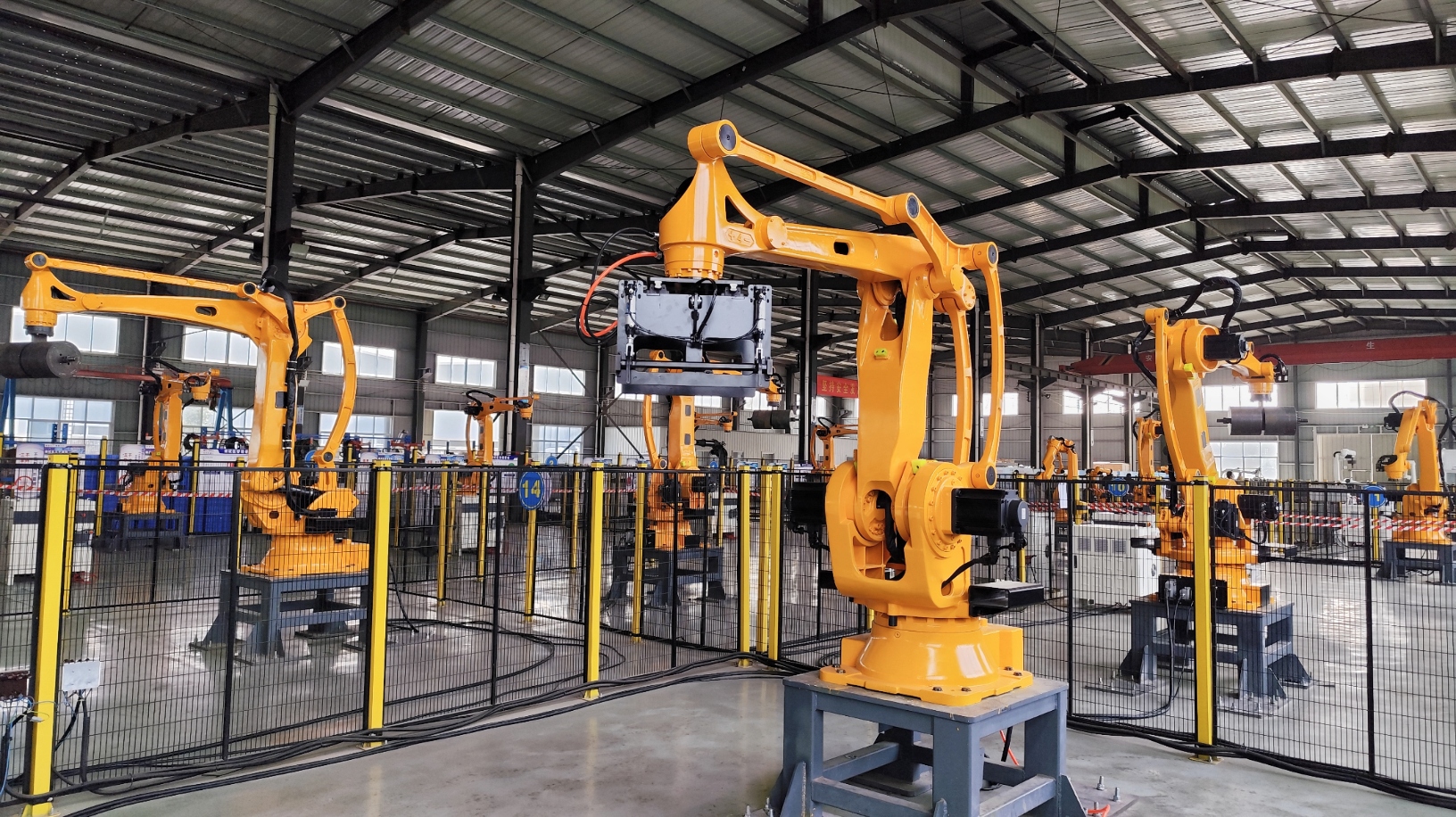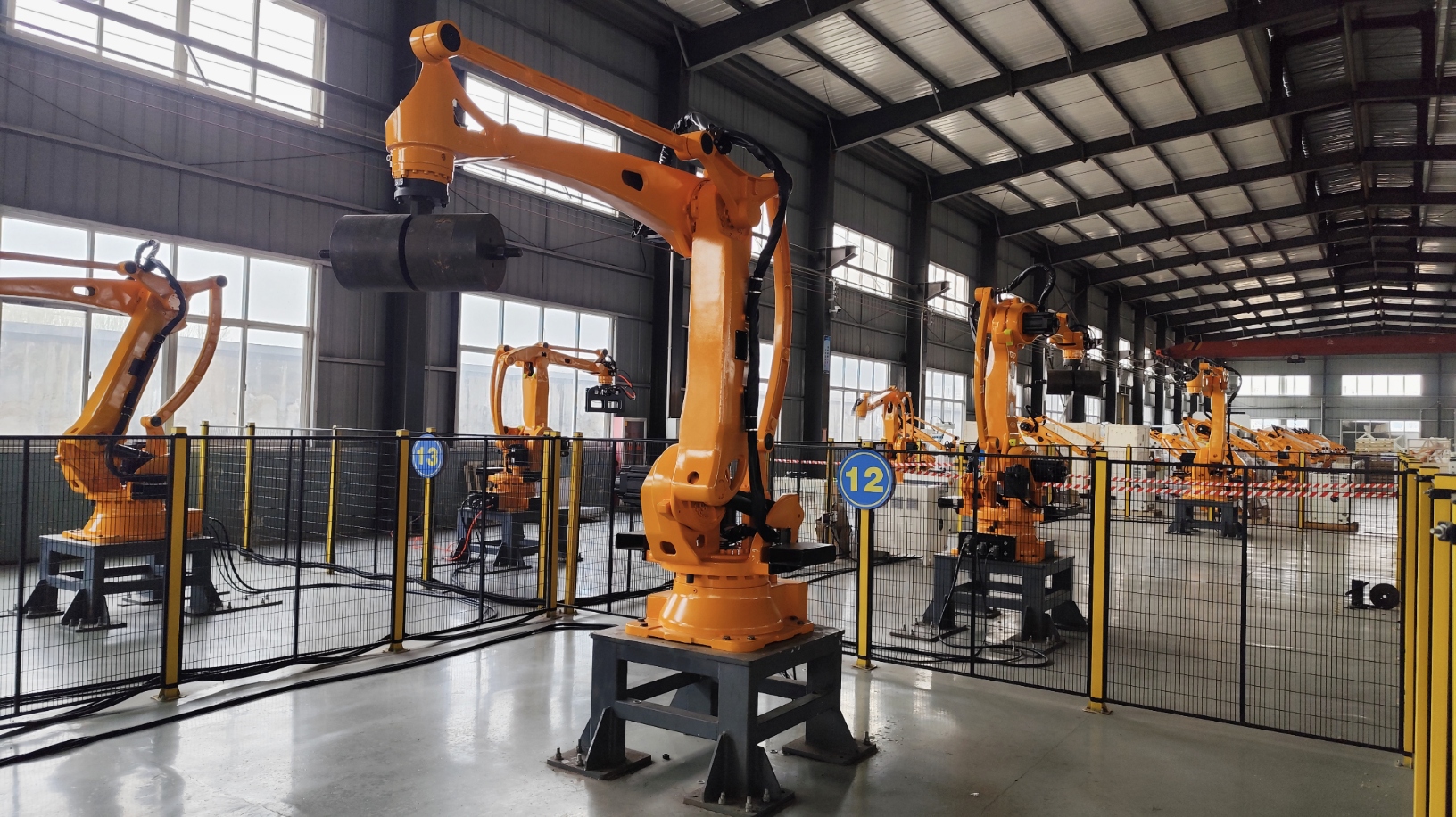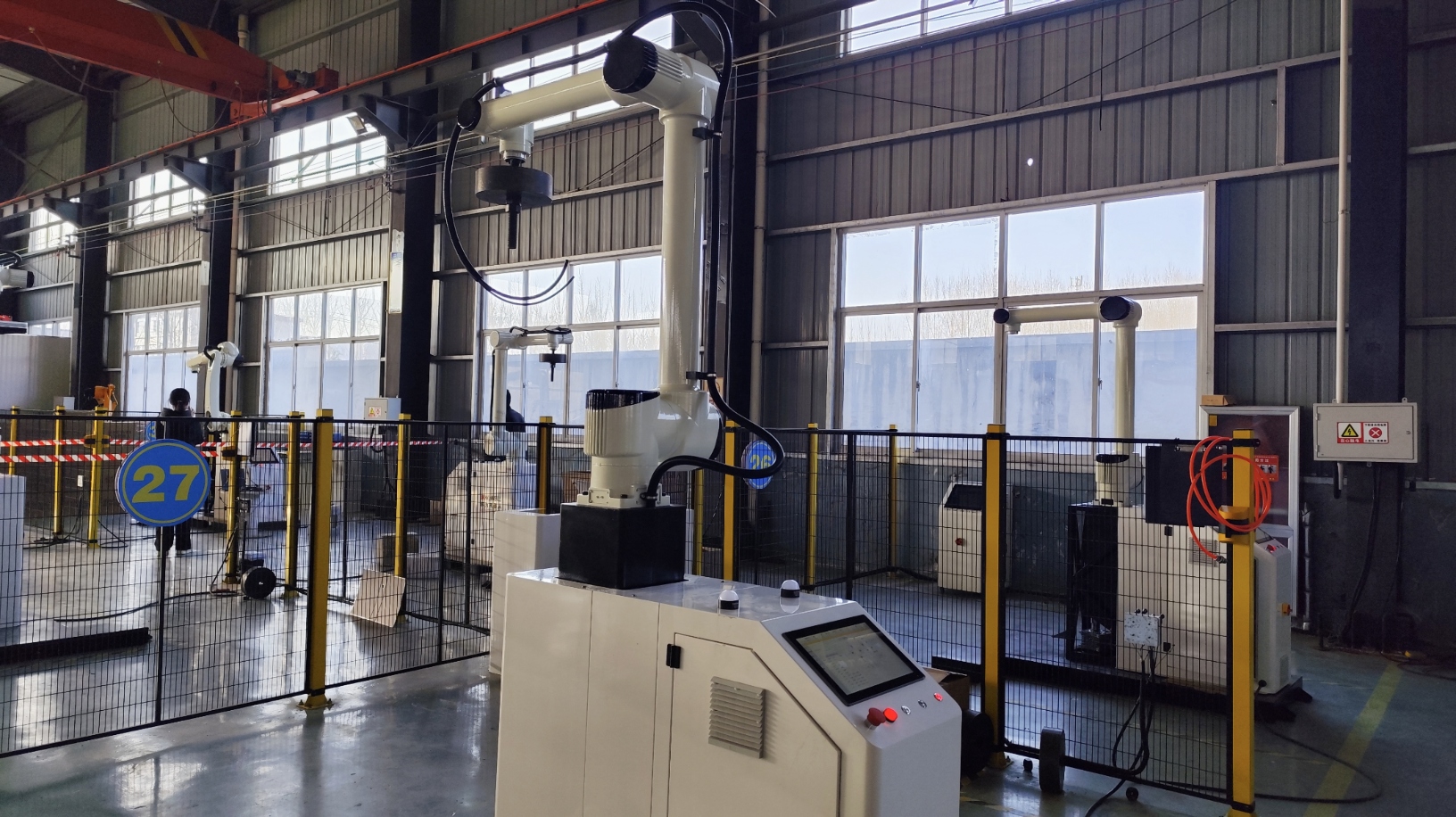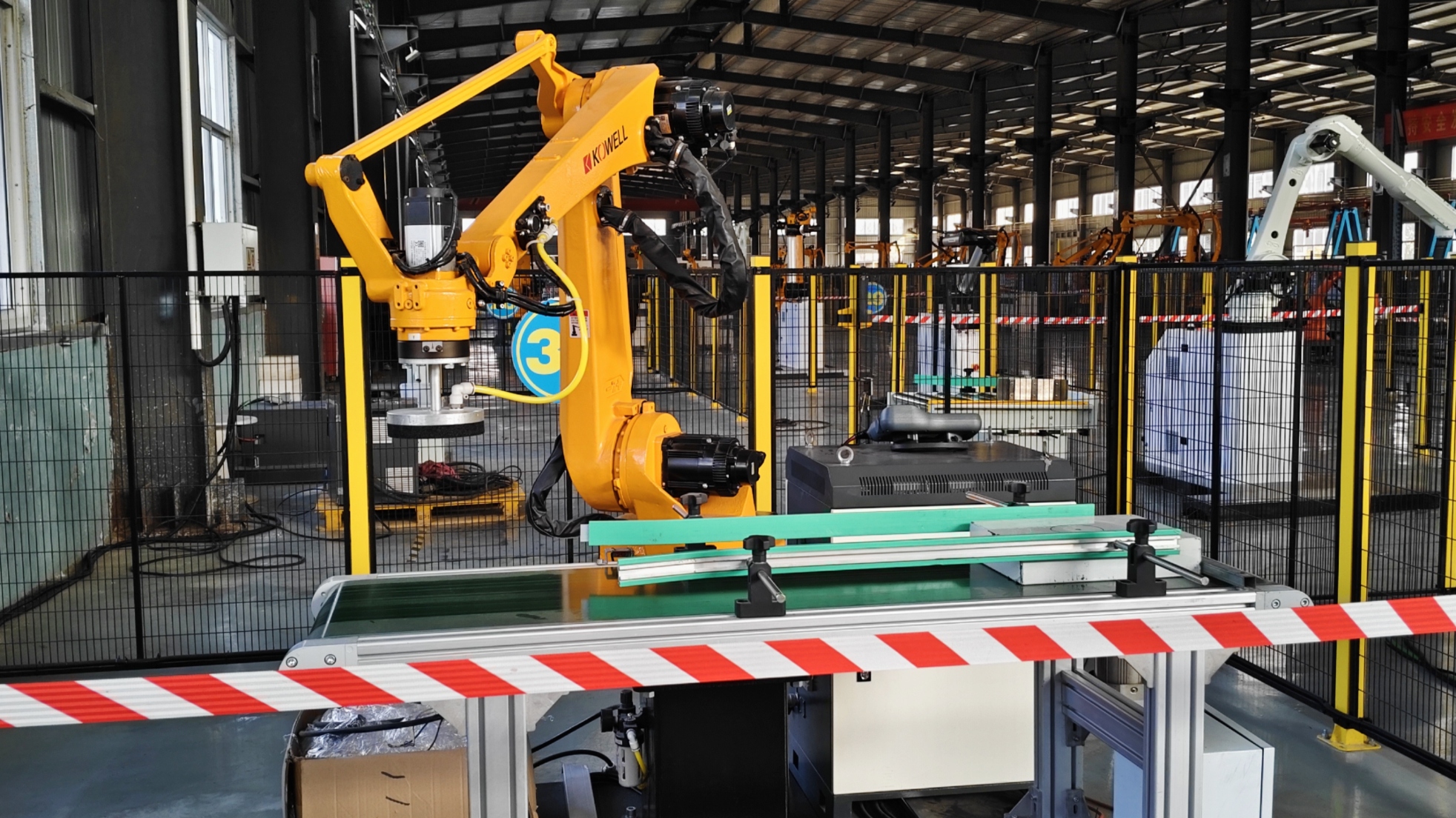In the manufacturing and production fields, traditional industries have continuously deepened their understanding of industrial automation technology to transform traditional industries, and the application of automation in traditional industries in China has become increasingly widespread. The application of automation technology in traditional industries such as electricity, petrochemicals, metallurgy, and machinery has progressed rapidly, and large enterprises have continuously increased their investment in automation construction.
As a key driving force for improving efficiency, reducing costs, and enhancing competitiveness, industrial automation has attracted more and more companies to invest in automation systems and transform and upgrade their management systems and production methods. Industrial automation upgrades are not only about improving and improving product quality and production efficiency, but also about deepening reforms in the company's management model, personnel allocation, and market competitiveness.
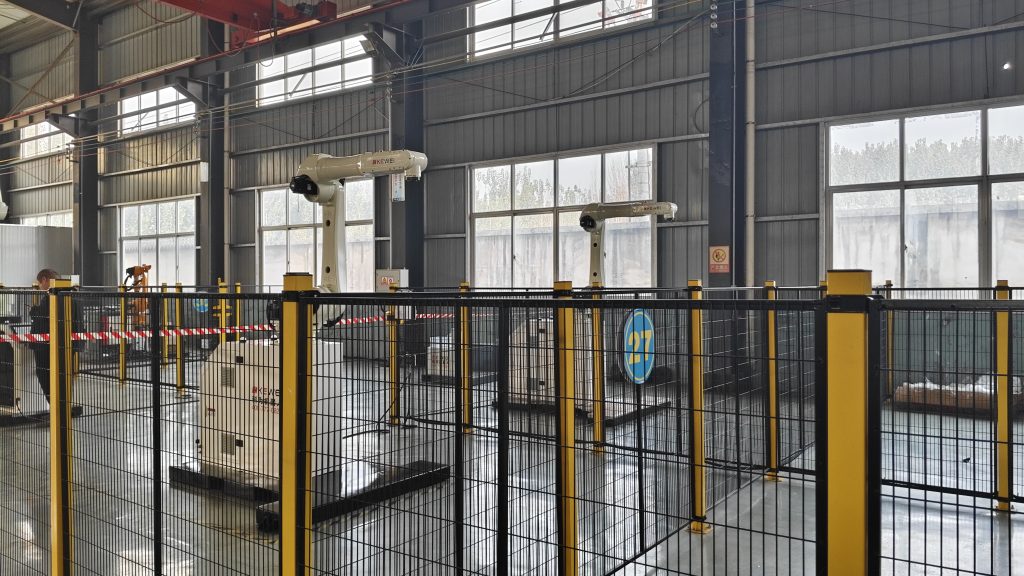
1. Improve production efficiency and product quality
The direct impact of industrial automation is reflected in the improvement of production efficiency and product quality. Automated equipment can work 24 hours a day without interruption. Compared with traditional manpower, it not only improves the continuity and efficiency of production, but also has higher accuracy, shortens the time required for production projects, and reduces human operating errors and production stagnation time.
Based on the fact that industrial robots are usually equipped with sensor systems, which can ensure that the production process is operated according to the previous program settings, automated equipment can ensure the stability of product quality and product consistency.
2. Reduce production costs
The upgrade of industrial automation can effectively reduce production costs, mainly in terms of labor costs and unnecessary losses. In traditional manufacturing, labor is a necessary expense. Automation systems can replace some traditional workers for repetitive and continuous work, which not only reduces dependence on labor but also ensures lower operating costs.
At the same time, unlike humans who make mistakes and get tired, automated equipment can usually achieve continuous and accurate resource management and utilization, reduce the waste of raw materials and the production of defective products, reduce unnecessary losses, and can quickly change according to the needs of production line scheduling.
3. Improve the competitiveness of enterprises
In an era of increasingly fierce competition in the industrial field, if enterprises want to maintain their market competitiveness, they must continuously improve their production capacity and technical level to adapt to the changing needs of the times. As one of the ways for enterprises to improve their competitiveness, industrial automation can not only improve production efficiency, but also help enterprises quickly undertake various production tasks and shorten delivery time, thus standing out from many enterprises.
4. Promote the digital transformation of enterprise management
The upgrade of industrial automation has also promoted the transformation of enterprise management models and the reform of enterprise management. The application of automation equipment is usually accompanied by the popularization of information and digital management methods, which means that some traditional labor will be replaced, and more technical talents will take on the work of operating automation equipment. This digital transformation not only improves efficiency, but also enhances the company's responsiveness and flexibility to market changes, helping companies better adapt to market changes.
5. Conclusion
In general, the impact of industrial automation upgrades on enterprises is far-reaching and multi-dimensional. From improving production efficiency, reducing costs to enhancing market competitiveness, industrial automation is bringing a new revolution to enterprises. Although the implementation of automation requires high initial investment and technical input, in the long run, it is undoubtedly a key factor in improving the core competitiveness of enterprises and promoting sustainable development. With the continuous development and maturity of technology, industrial automation will play an increasingly important role in future production and manufacturing, and become an important tool for enterprises to improve their global competitiveness.

Online Consultation
Hello, the current customer service is offline. You can leave your contact information and the staff will respond to you as soon as possible!


